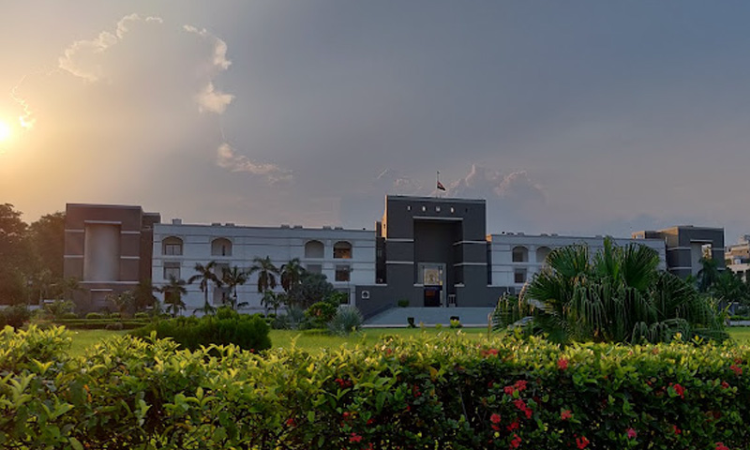Unless Reasoning Of Trial Court Is Perverse, Judgment Of Acquittal Cannot Be Upset: Gujarat High Court
PRIYANKA PREET
4 Feb 2022 1:12 PM IST

Next Story
4 Feb 2022 1:12 PM IST
While dealing with the judgment of acquittal, the Appellate Court cannot substitute its own view by reversing the acquittal into conviction, unless the findings of the trial Court are perverse, contrary to the material on record, the Gujarat High Court has held.A Bench comprising Justice SH Vora and Justice Sandeep N Bhatt added, unless reasoning by the trial Court is found to be...
